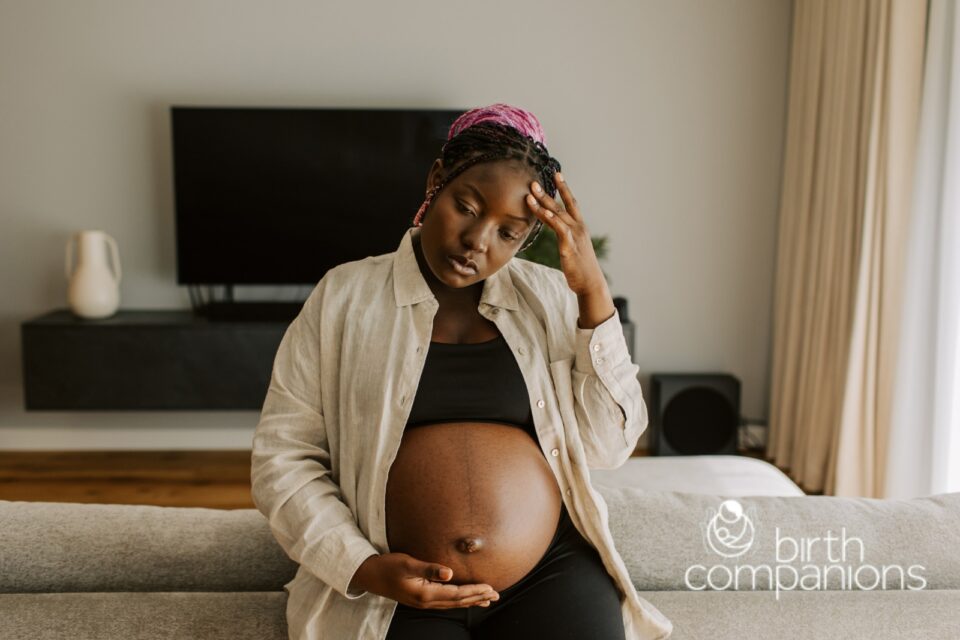Last week the UK Secretary of State for Health announced significant cuts to the ring-fenced maternity safety budget to redistribute money to local Integrated Care Boards. Naomi Delap, Director, Birth Companions, shares concerns about the move and the potential impacts on those facing disadvantage and inequity.
_________________________________________________
We’re in a period of flux, as the government works to respond to the challenges it faces in both the immediate and the longer term. Nothing feels stable or certain, and we all know difficult decisions have to be taken. But I, and many others, were truly blindsided by the announcement that the national Service Development Funding (SDF) for maternity services will be cut from £95m in 2024-25 to just £2m in 2025-26.
What does this mean? Well, that remains to be seen. The money will, it is said, be reallocated to Integrated Care Boards (ICBs) to give them more flexibility in how they spend the cash. For those areas already committed to addressing the stark inequalities and poor outcomes in maternity care, that should mean efforts to increase safety and improve care can continue unaffected. But let’s be honest; ICBs are in financial crisis and fighting fires on all fronts. The entire point of ringfenced funding is that it ensures money is directed to areas identified as a national priority, areas that need focused investment, and not diverted into other work. It’s what we’d expect as a response to reports of the kind led by Donna Ockenden into maternity care failings.
If maternity care isn’t prioritised equally, in every ICB, then in at least some parts of the country, if not the majority, we can expect to see resources significantly scaled back, and national commitments to deliver better, safer, more personalised, and more equitable maternity care will not be met. According to the Royal College of Midwives, this funding would have allowed for extra posts in services to support enhanced care for complex pregnancies, multiple births or bereavement care and support. All those roles could now be at risk, the College says.
Women in the poorest areas of the UK are twice as likely to die in pregnancy, birth and the postnatal year compared to those in the most affluent postcodes. Black women are still nearly three times more likely to die while pregnant or postnatal than white women, and twice as likely to experience stillbirth.
Our maternity services have been unable, despite the best efforts of so many midwives, obstetricians and other professionals, to provide women with the care they need and deserve. That failure has been, and will continue to be, felt most acutely by those women we see every day in our own services at Birth Companions; women who have no birth partner, those who don’t speak or understand English, those who are navigating their pregnancies amidst domestic abuse, insecure housing, and poverty. This money was meant to help make things better for those women and ensure their babies have the best possible start in life. Its withdrawal is ill thought-through and will have unacceptable human consequences.

Naomi Delap, Director, Birth Companions
Birth Companions is a national charity dedicated to achieving better care, equity and justice for pregnant women, mothers and their babies.
May 2025


